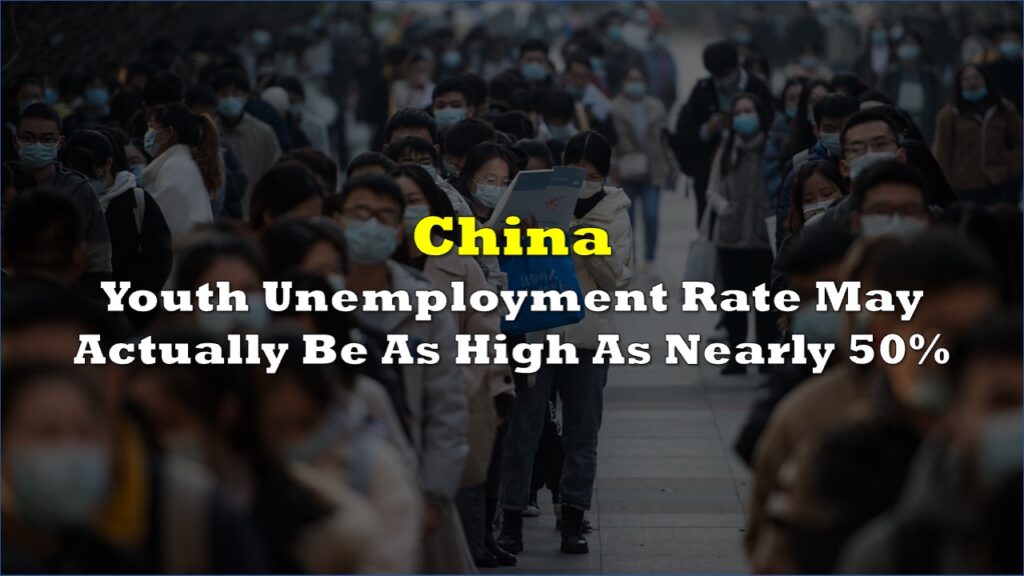China appears to have risen to become a scientific superpower, challenging the long-standing dominance of America, Europe, and Japan in the world of research, according to a recent article in The Economist. Chinese scientists have gained the edge in two closely watched measures of high-quality science, and the country’s growth in top-notch research shows no sign of slowing.
In 2003, America produced 20 times more high-impact papers than China, but by 2022, China had surpassed both America and the entire European Union in this metric. China also leads the world in the physical sciences, chemistry, and Earth and environmental sciences, according to both the Nature Index and citation measures.
So what proves that China has now become the world's foremost scientific power?
— Arnaud Bertrand (@RnaudBertrand) June 14, 2024
Firstly, China has now overtaken both the US and entire EU in number of high-impact scientific papers produced each year, including in the Nature Index which is virtually impossible to game. pic.twitter.com/dueMhBIWEj
This rise in scientific prowess, according to the publication, can be attributed to its focus on three key areas: money, equipment, and people. The country’s spending on research and development has grown 16-fold since 2000, with money meticulously directed into strategic areas such as quantum technologies, AI, semiconductors, neuroscience, genetics, and biotechnology.
If you don't understand dynamics and nonlinearities you don't understand the world.
— Nassim Nicholas Taleb (@nntaleb) June 16, 2024
And this is not just China. The production of "western institutions" is also progressively dominated by non-Westerners. https://t.co/CJCzcRum0I
China has also invested heavily in creating world-class universities and government institutions, offering incentives to attract top researchers from abroad.
While China’s top institutions are producing high-quality research, the country still faces challenges in basic, curiosity-driven research and collaboration with international partners. However, China’s growth in scientific output and quality is expected to continue, with the country training an enormous number of young scientists and increasing funding for science and technology research.
Information for this story was found via The Economist, and the sources and companies mentioned. The author has no securities or affiliations related to the organizations discussed. Not a recommendation to buy or sell. Always do additional research and consult a professional before purchasing a security. The author holds no licenses.









